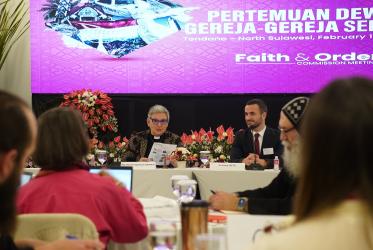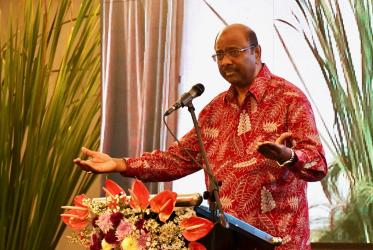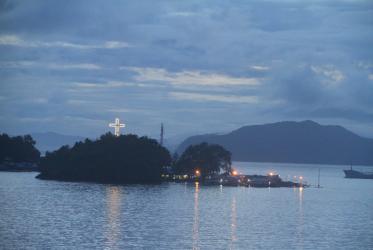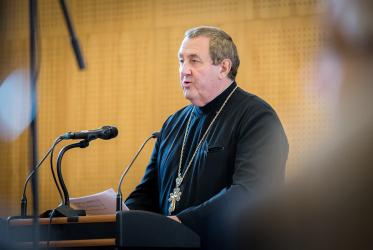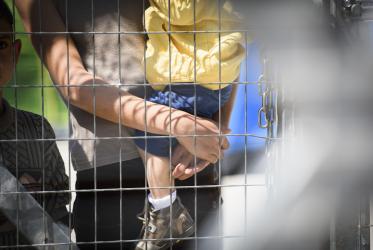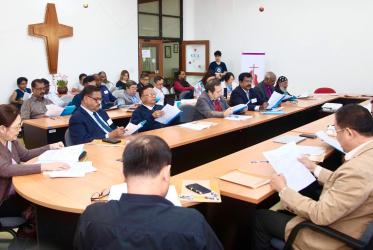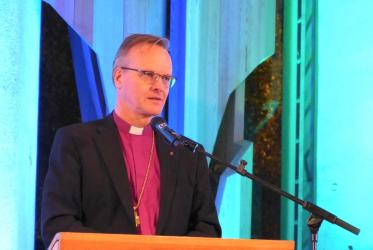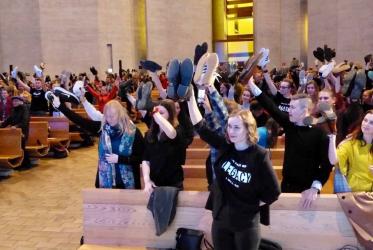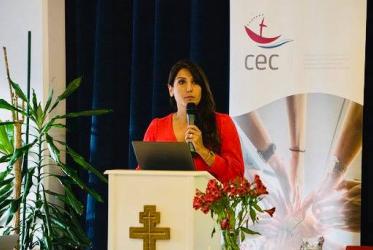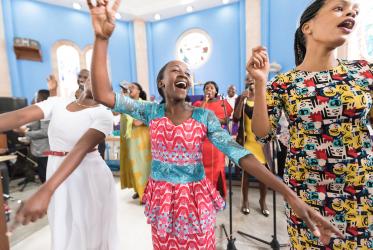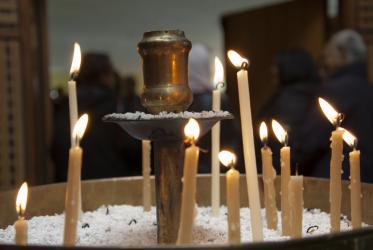Displaying 1 - 20 of 101
03 February 2024
In a COVID-stricken world, “everyone is important”
23 October 2020
Nordic churches: “take our human responsibility”
12 March 2020
CCIA meets in Brisbane with focus on Pacific regional priorities
19 February 2020
The cry of the Papuans in Indonesia
14 November 2019
WCC expresses appreciation for vibrant Finnish mission work
16 October 2019
WCC assembly preparation on agenda for Conference of European Churches
30 September 2019
How will the Arusha Call change the world?
20 May 2019
